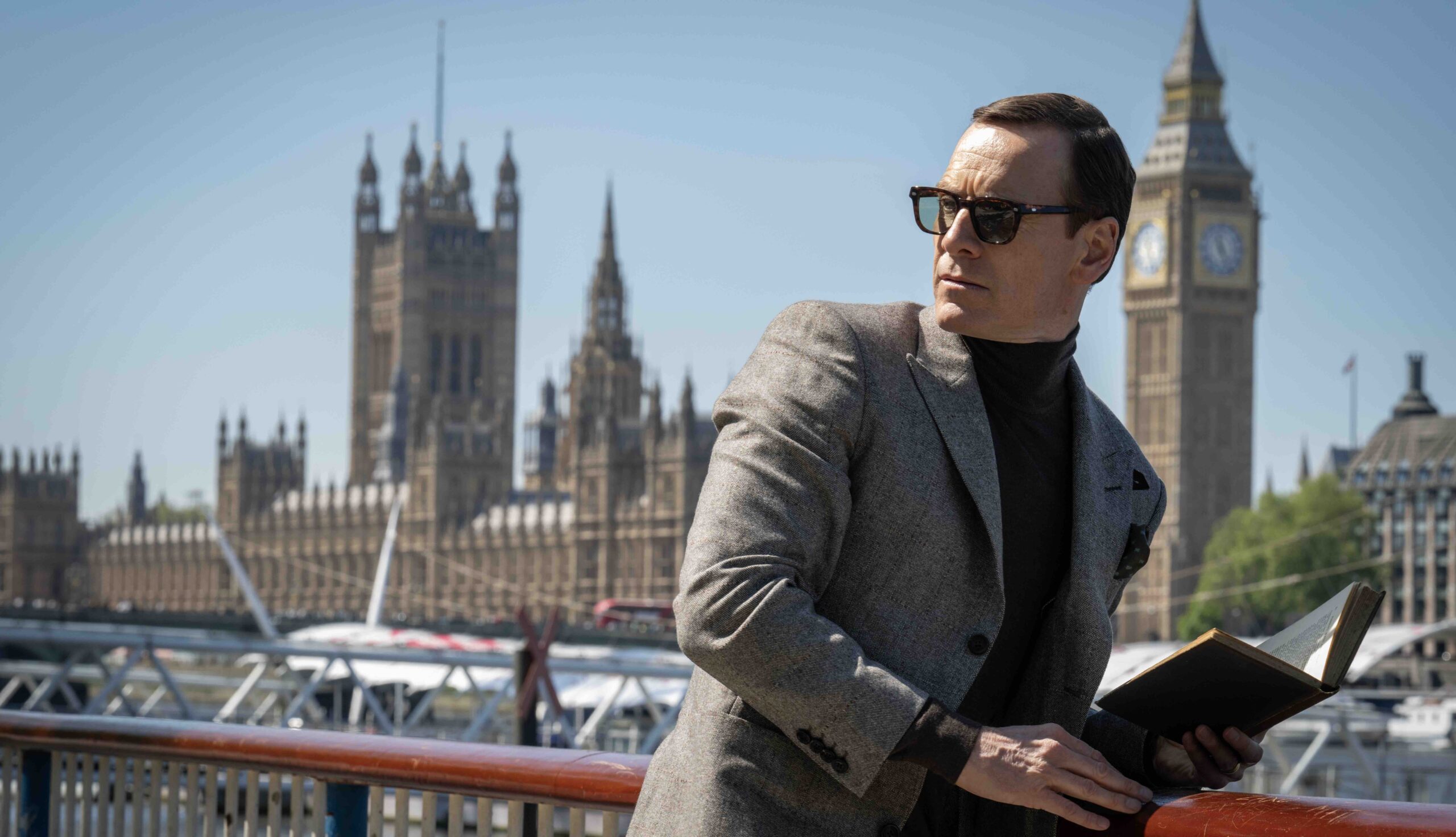Film Review: Black Bag (2025)

At this point, I’m fairly certain Steven Soderbergh could pick a genre from a hat and make a fantastic movie out of it. Coming off the heels of January’s wonderfully creepy and innovative ghost story Presence, Soderbergh strikes again with Black Bag, a romantic look at the high stakes world of international espionage but with, shall we say, a twist. For those of you counting along at home, that’s two outstanding films from Soderbergh already this year – and it’s only April.
Black Bag may delve a bit further into the director’s established (yet constantly malleable) milieu than Presence does, but that doesn’t mean it’s anywhere close to your average spy thriller. Soderbergh takes everything the movies have ever taught us about how the intelligence community operates, then boils it all down to just a few characters, a MacGuffin, some shady dealings, plenty of sexual tension, and an abundance of expertly crafted psychology, which, when combined, makes your average espionage story look like a hack job B-picture.
Gone are the sprawling vistas and overused cosmopolitan locations. Gone too are the complicated (not to mention outlandish) action sequences, bloated runtimes, and overly intricate plots and subplots that span countless sequels and installments. Black Bag, thankfully, has none of these elements, yet remains as tense and nail-biting as the best the genre has to offer. Bigger is not always better, and that Soderbergh not only understands this but unapologetically leans into it is why Black Bag will be remembered where many others won’t.
To say that this is an efficient film would be an understatement. Writer David Koepp (a very busy Hollywood veteran who seemingly wrote half the movies you’ve ever seen) keeps things so taut that you’d be hard-pressed to find even a wasted inhale or exhale in its entire ninety-four minutes. Lesser directors might attempt to pad Koepp’s economical script by meandering in and out of unnecessary exposition or lingering on establishing shots or locales, but not Soderbergh. This writer/director pair knows how to trim the fat, and they have no misgivings about getting out the carving knife.
For a spy thriller, Black Bag has a deceptively simple plot. George Woodhouse (a deadpan Michael Fassbender) and his wife Kathryn (Cate Blanchett at her most elegant and devious) are both British intelligence officers who have been in the game for a long time. When George’s superior (Gustaf Skarsgård) informs him of a leak at the agency, it is up to George to suss out who it is.
The only problem is that Kathryn, (along with four other operatives, played by Marisa Abela, Tom Burke, Naomie Harris, and Regé-Jean Page all with varying levels of sleaze, duplicity, and sometimes even honesty) is one of the suspects. Things kick into gear during a wonderful scene in which George has all the (unknowingly) accused over for dinner, drugs them in order to lower their inhibitions, and then subjects them to what they assume is a harmless party game but is, in fact, a psychologically charged interrogation.
It might be this dinner scene that sets the stage for what Black Bag is and how it differentiates itself from other genre films, but at no point does it ever fall into expected genre trappings. Nearly every scene offers a new battle of wits that both points toward the true culprit(s) and misdirects away from them. Even if you work out who the traitor(s) are, I’ll bet you won’t be able to figure out why or how they did what they did. And, truth be told, solving the puzzle isn’t the point of Black Bag anyway. The fun lies in the psychology of the hunt. The full picture is just gravy.

